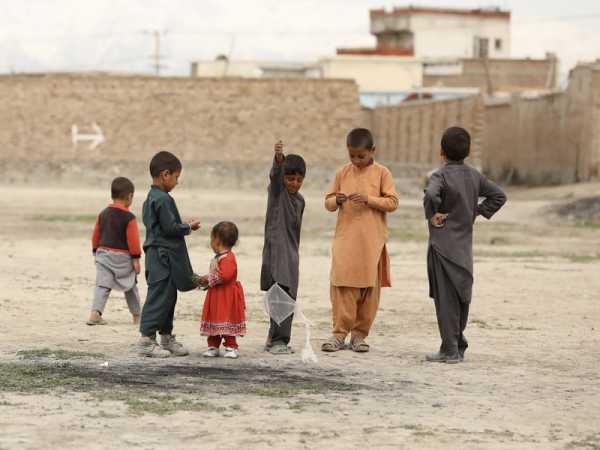Taliban takeover of the country last month has created a situation of uncertainty in Afghanistan. Along with the political turmoil, the country is also facing severe drought, COVID pandemic, economic decline, and lack of cash. This has been called “one of the worst crises in the world” by Antonio Guterres, Secretary-General of the United Nations. Besides Secretary-General, Elinor Raikes, Vice President of International Rescue Committee (IRC), Peter Maurer, President of International Committee of Red Cross (ICRC), and many other notable dignitaries have appealed for immediate aid relief for Afghanistan.
Violence is far from over in Afghanistan. Just this summer, thousands of people were injured in the fighting. Adults and children are constantly being wounded by the hidden mines. OHCHR has reported the use of whips, batons, and live ammunition on peaceful protests. Similarly, stricter rules like the banning of unauthorized assemblies and cutting off phone and internet services in certain parts of Kabul are implemented. The majority of the population lives under two dollars a day. Currently, one-third of the Afghan population is food insecure, not knowing where the next meal is coming from. According to a UN estimate, nearly half the population is in dire need of humanitarian support.
ICRC President Peter Maurer, after making a four-day visit to Afghanistan, said that the international community needs to invest in Afghan people for their immediate and long-term needs without any conditions. At a High-Level Ministerial Meeting on the Humanitarian Situation in Afghanistan in Geneva, Antonio Guterres led the appeal for $606 million to provide urgent air for the people in Afghanistan. In the conference, Henrietta Fore, the Executive Director of the UN Children’s Fund (UNICEF), stated that more than half a million people have been displaced this year alone and underscored the concern that this desperate situation may increase grave violations of the rights of the children. Similarly, Filippo Grandi, UN High Commissioner for Refugees, also stressed the extraordinary level of needs among the 3.5 million refugees and feared even more suffering because of the potential collapse of the system.
Along with providing humanitarian aid, it is also paramount to ensure the girls in Afghanistan continue going to the schools. During uncertainty and crisis, education must be given priority because it acts as a buffer against the adverse effects and provides a safe space with emotional and social support. The IRC Vice President Elinor Raikes said that “We refuse to leave any girl behind and urge the international community to join us in doing the same.”
The country’s new rulers had assured to allow the assistance to be delivered to the people of Afghanistan. They have also committed to the continuation of the education of girls. The high-level dignitaries have univocally maintained that women and girls should have the right to education and freedom of expression.
Sources:
https://news.un.org/en/story/2021/09/1099732
Author: Shrabya Ghimire







